I sat down with Cinematographer/Producer Joel D’Alimonte to talk about his upcoming film A Cup of Coffee, producing during COVID-19, his start as a cinematographer and his experience on the set of Sloppy Jones.
Tell me a little bit about yourself, Joel!
I’m a Toronto based cinematographer. I went to college at Sheridan for marketing at first because I didn’t really know what I wanted. That whole program really gave me the business mindset that I carry today and that’s when making video content to always focus on the impact to the consumer.
By the end of that program I was done using the left side of my brain and wanted to be more creative. Throwback 3 years earlier when I volunteered for the media team of a big church – It was a small media team of like 4 people.
At one point we were tasked to create a commercial for a really big annual event. Creating that video with the team was the most fun I ever had. I remembered that time so I applied for the film program at Humber College. Throughout the program you get a taste of all the different departments but get to specialize in 3. I chose Editing, VFX and Cinematography.
While in school I was a bartender, so I know all about the life of Sloppy Jones. There’s a sense of comradery for everyone that works together in a restaurant. You hate and love your work as a group but you’re always a family. I stopped bartending the last year of my program just because my workload was too much to do everything. By the last month of school I didn’t really know what to do with my life. I thought, should I just go back to bartending?
The major elephant in the room was that I had run out of my savings from not working for a year. So I straight up just prayed to God that I need money to pay my rent for April 2018. Then God showed up and I got this freelance camera op gig for an event. It paid me $1500 for 3 days of work, pretty decent!
After that I just decided to wing it with the freelance life. It was daunting. I didn’t know anyone in the industry and I basically had $1500 to start with. It was either do or die. But I hustled hard and just got on as many sets as I could doing whatever and started networking. That’s when I first started realizing what they taught us in school, “It’s all about who you know”. I shortly came to the conclusion that I wanted to focus on cinematography because it was the department I enjoyed the most.
Nowadays I don’t have to hustle as hard because I’ve built a solid network, but I still continue to focus on building new relationships. My favourite department to work in is within lighting. I just really love the mix of technical and creative when it comes to lighting.
I also enjoy working in camera too to change things up. It’s also a different pace than lighting. The long term goal is to establish myself as a successful cinematographer, so I take any opportunities I can to shoot stuff.
I’m big on efficiency and pre production as a cinematographer. I like to be organized and prepped for a shoot. This approach tends to save a lot of time on set because I already know what to do and how to do it when I get on set.
When did you first decide to pick up a camera?
I think it was in late 2018. I was building myself a lighting and grip kit that I could offer to productions to simplify their lighting needs and give myself an edge. I realized though that I was missing out on a lot of opportunities to shoot projects because I didn’t have a camera. So I bought a Canon C200 in hopes to shoot more stuff. I quickly realized no one cared about the Canon C200. *Single tear*.
I still love my C200. It’s great for one man band stuff due to its form factor and with it’s autofocus and built in ND’s. I shot some stuff with the Canon C200. Come 2019 I was looking around to get a camera that was more prevalent.
I knew I was capable as a cinematographer, I just needed to be given the opportunities. I eventually linked up with a Toronto DP who was selling his Red Helium. I basically bought it for 50% off, it was a great deal. The biggest difference I noticed when I first shot with the Red was that the greens actually looked green.
I’m pretty sure that’s because the Canon C200 doesn’t have an IR filter. So when you are outside and working with sunlight, colours like greens get skewed by Infrared light making them look more yellow and barfy coloured. My new Red didn’t have this problem because it has a built in IR filter so greens look alive and actually green. I could be wrong about the IR problem but that’s what I think it is.
My Red definitely gave me more opportunities to shoot. It sounds dumb but producers and directors do care about cameras because of the status some brands hold. In my opinion lighting is more important than the camera you use. If you have great lighting on a cheap camera vs. poor lighting on an expensive camera, the cheap camera will look better.
Can you introduce me to your short film?
A Cup of Coffee is the running title. In our final year of film school everyone gets a chance to write a script that can be pitched to be filmed. At the end of the day 7 scripts or so get greenlit. My friend Arsen Martyrosian who was focussing on directing liked the script our colleague Devon Shaddick wrote called A Cup of Coffee, but it didn’t get greenlit. We kept in touch though and wanted to make it down the road.
Here we are now, we saved up our money and financed the film ourselves just for the love of making something. It was daunting, because we were scheduled to go to camera during the stay at home order. But luckily the film industry was given permission to keep working during that time.
Saying that, we took the seriousness of our COVID world very seriously. Our producer angel Alexia Dalla Rosa took care of our COVID strategy and I’m honestly really proud of how we handled the COVID strategy on set. Production went really well. We got what I call the holy trinity: We got the director’s original shot list, in good quality and on time. I’m really proud of that.
A lot of that credit goes to how much effort and detail Arsen and I put towards pre production. We essentially made the film on paper before we went to camera. Arsen even had an animatic to hone in his vision. The outcome was a very efficient set because we had answers for everything.
Also God bless our guardian angel 1st AD Charlotte Lytle who took all the work and plans we had and made them a reality. Charlotte was amazing. She kept the flow of production moving instead of just reacting. Hire her if you ever get the chance.
Now we are in post production with the goals to submit to festivals this summer.
You previously worked as an Associate Producer on The Paper Boy and Flames of Fury. Can you tell a little bit about the daunting task of making the leap to Co-Producer during a global pandemic?
Well to be honest, sometimes I’m given associate producer roles because I give my lighting or camera gear to a production for a discounted rate. So that’s their way of loving me back. Both Flames of Fury and The Paper Boy were those cases.
Saying that, I Co-Produced A Cup of Coffee with Arsen. We hired Alexia to start taking some of the load off of Arsen the week leading up to going to camera and then she was also our on set producer.
Honestly hiring an on set producer was probably one of the best decisions we made.
Because Alexia was on set with us, Arsen could solely focus on Directing while I focussed on DPing. It was such a weight off our backs.
Alexia was the beautiful on set producer I didn’t know we needed. Leading up to going to camera me and Arsen did most of the production work.
Was it difficult?
Honestly it wasn’t that difficult for us because we both excel in the production department naturally. Arsen is a production coordinator in his day job and through my life experiences of bartending and taking leadership roles in Marketing, I’ve naturally grown strong organization and leadership skills.
I think the biggest learning experience from producing was how expensive transportation is. We definitely underestimated our transportation costs. But we still came under budget by about $500 at the end of production.Our total production budget was $16000 + tax. Seems like a lot for our first passion project, but I was adamant about paying everyone decent rates. If you wanna be a professional then you gotta act like a professional.
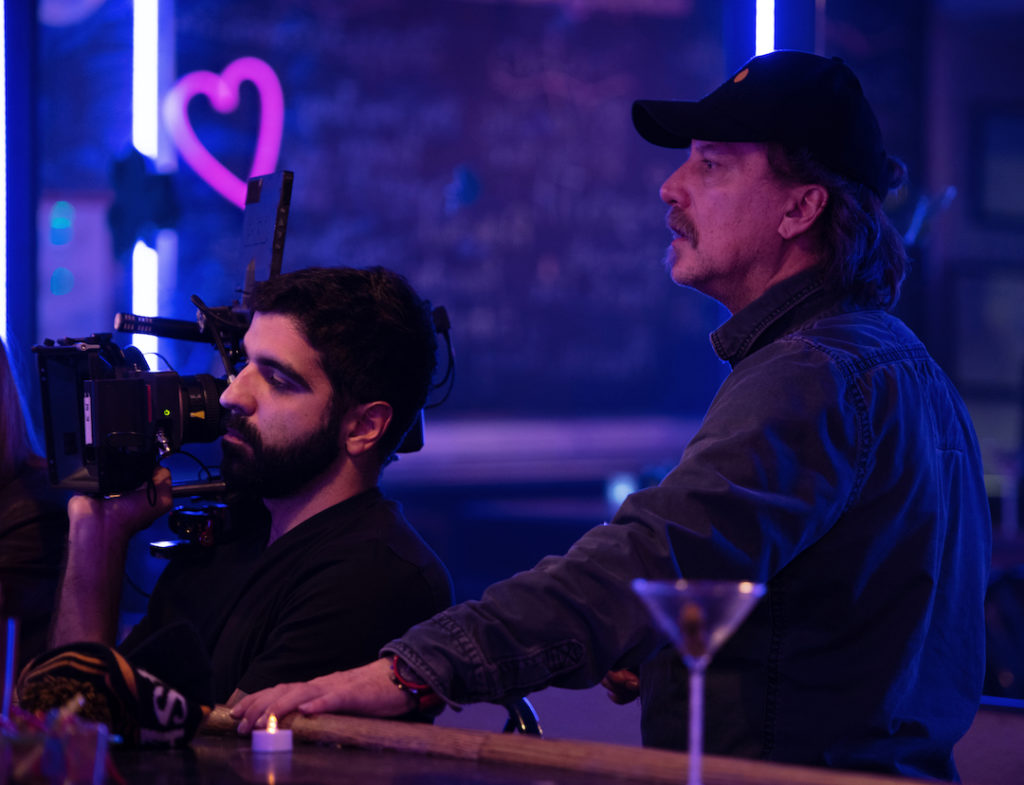
One of your last sets before lockdown was Sloppy Jones. Can you tell a little bit about working on that set?
I was the camera operator on Sloppy Jones. The biggest learning experience on that set was how weak my legs were at the time. I remember this one shot where I basically had to hold a lunge position and then transfer to another lunge position and my legs were legit shaking. Haha.
Camera operating is physically demanding! You gotta be strong, but precise at the same time and sometimes you’re forced into these weird body positions for shots but you gotta do what it takes.
I was going to camera op for an action short after Sloppy Jones so I did small ab and leg workouts leading up to the next project after that lesson I learned that you need to be in shape as a camera op. Working on set with Sloppy Jones though was a lot of fun. Everyone had really nice vibes and good energy which kept the environment fun and all that shows in all the quirky and fun characters in Sloppy Jones.
Are there any creators that really inspire you or influence your work?
I don’t really have anyone yet that inspires my work. Most people have a personal style and look that they consistently implement for each film. I’ll never have the same approach on a given project because I believe each story deserves it’s unique approach to cinematography.
You wouldn’t treat a Home Depot commercial in the same way as a dramatic thriller short. So I don’t really pursue a specific style, I focus more on being versatile in many styles so I can create a specific look that best suits each project I get to shoot.
What I do though when watching films is if I see a shot that interests me, I’ll take some time to pause the film to decipher and breakdown how I think it was done and take a picture of it. I’ll keep those visual references for future work where I think it’ll fit well.
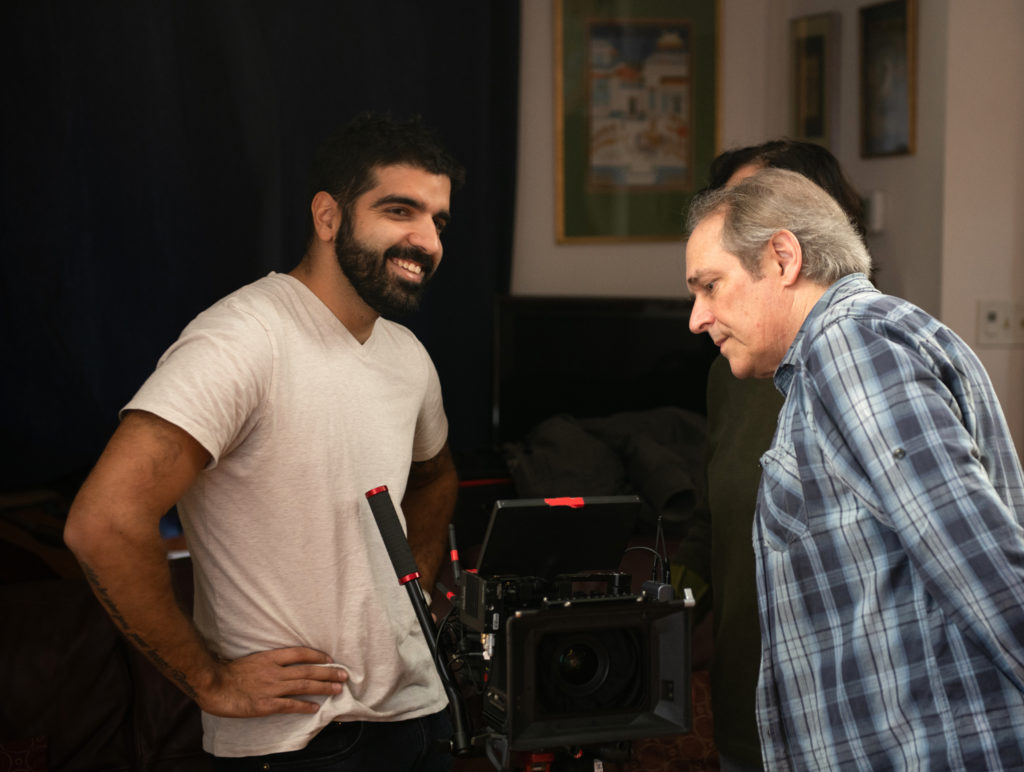
Where can we keep up with your work?
My website www.joeldalimonte.com or Instagram – @joelly12.

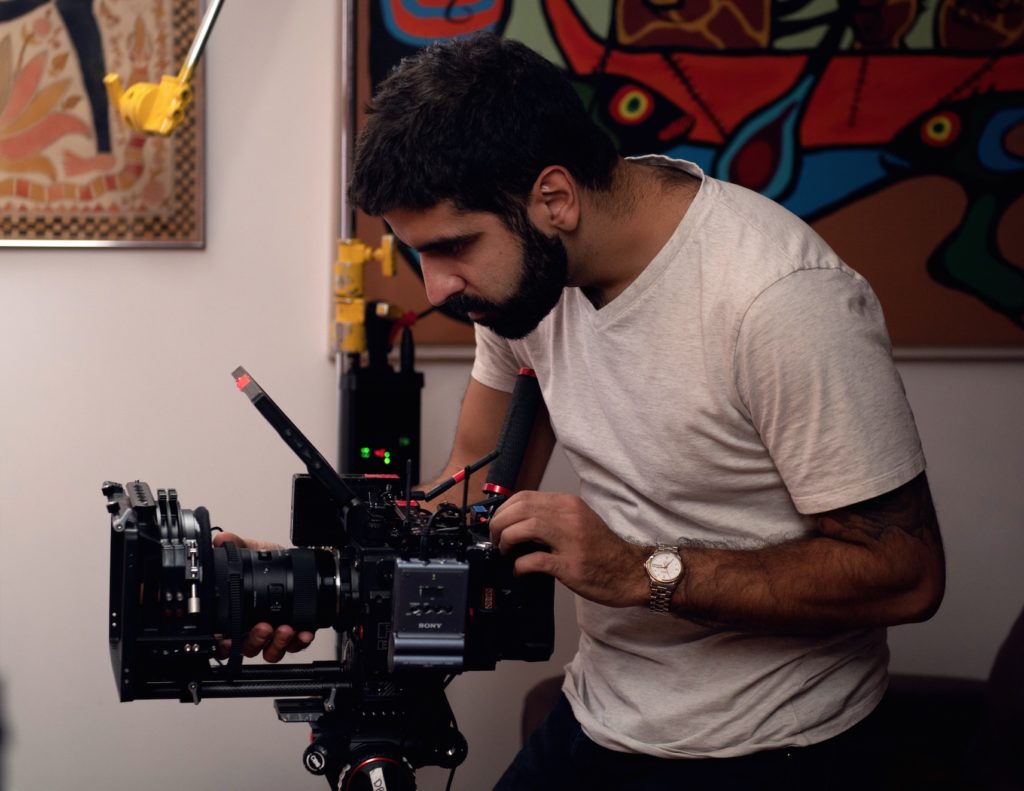
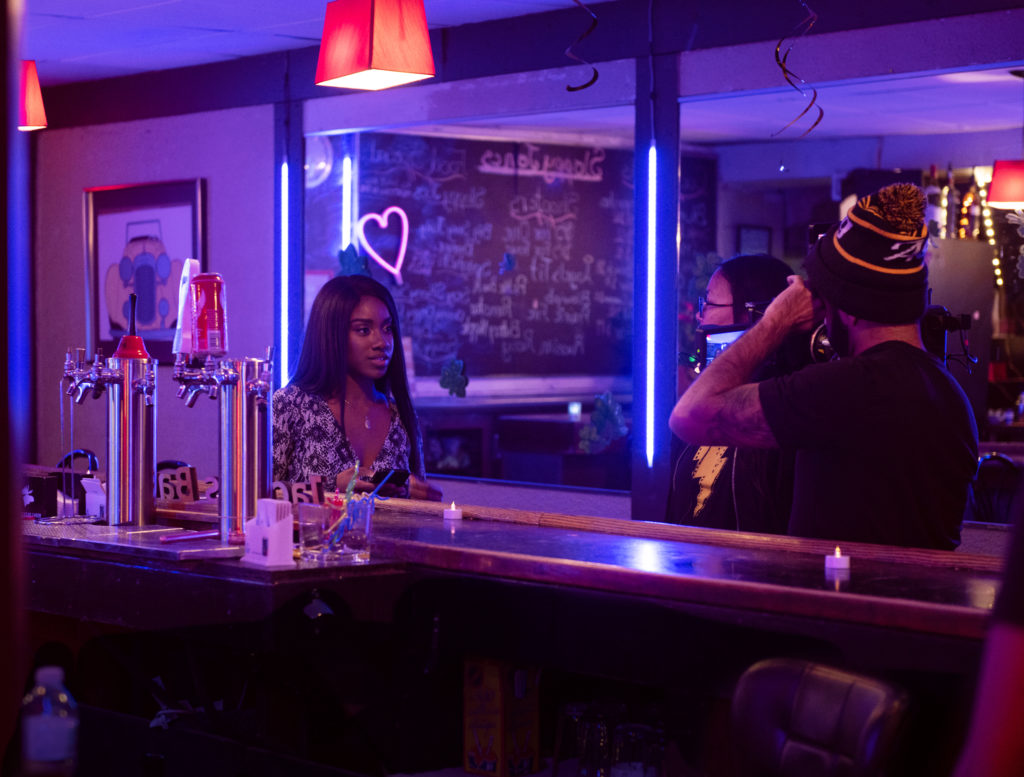
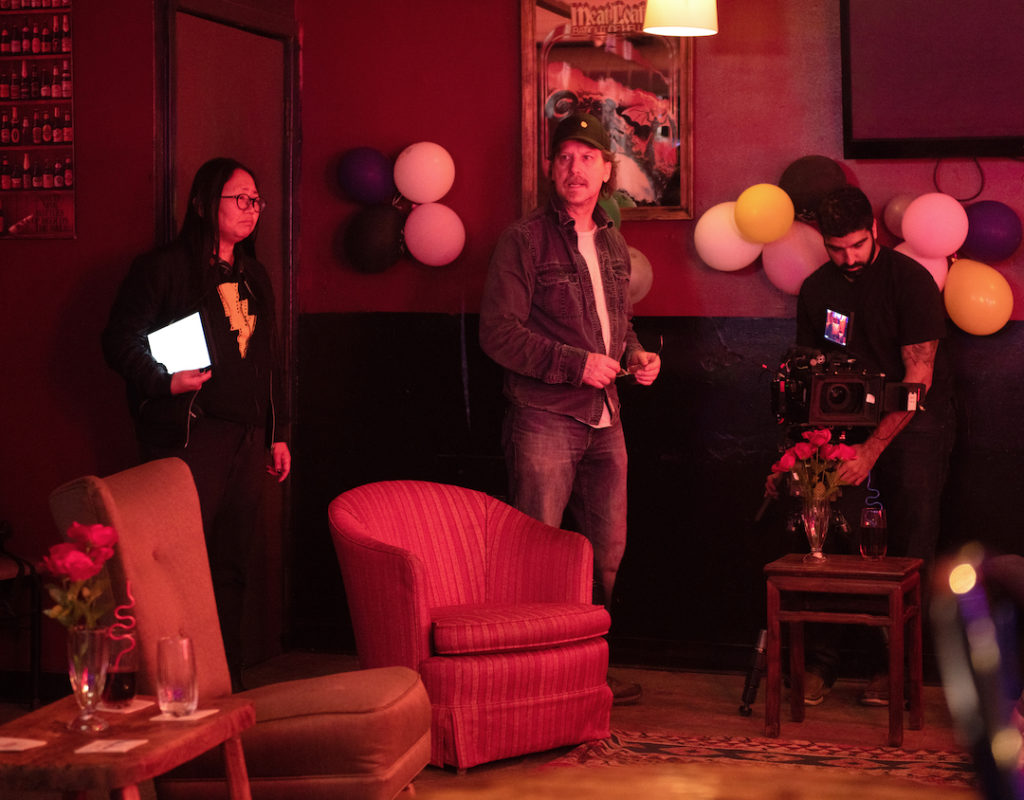
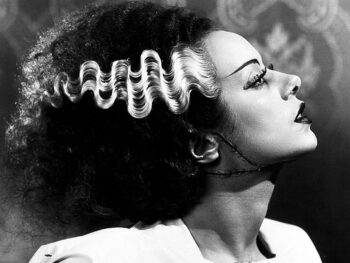
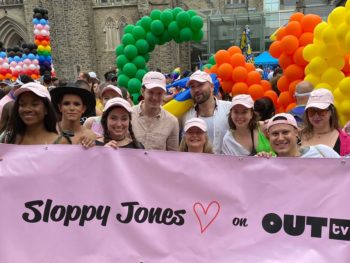
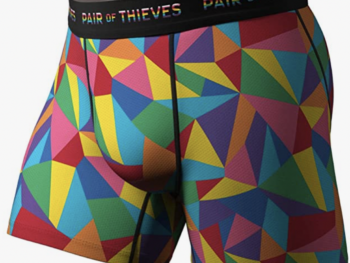

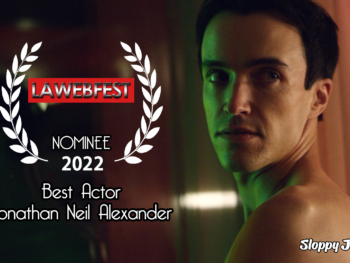
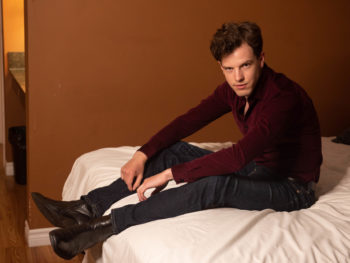
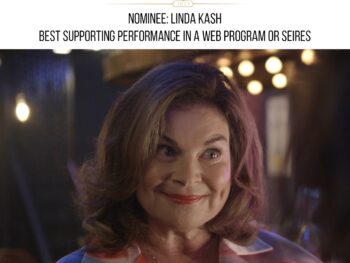
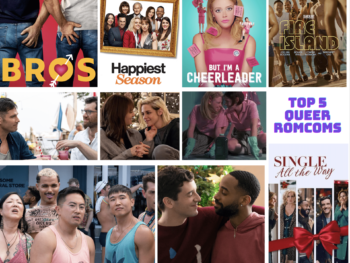
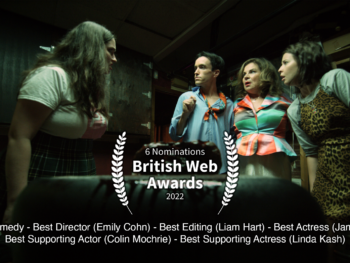
 13 Songs on our Sloppy Playlist this Spring
13 Songs on our Sloppy Playlist this Spring

Leave a Reply